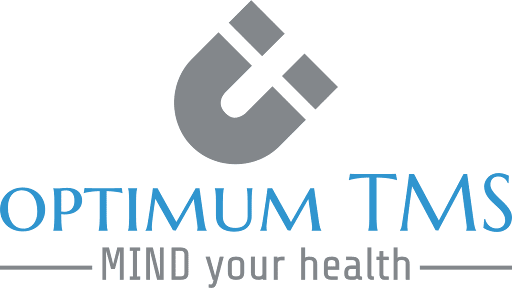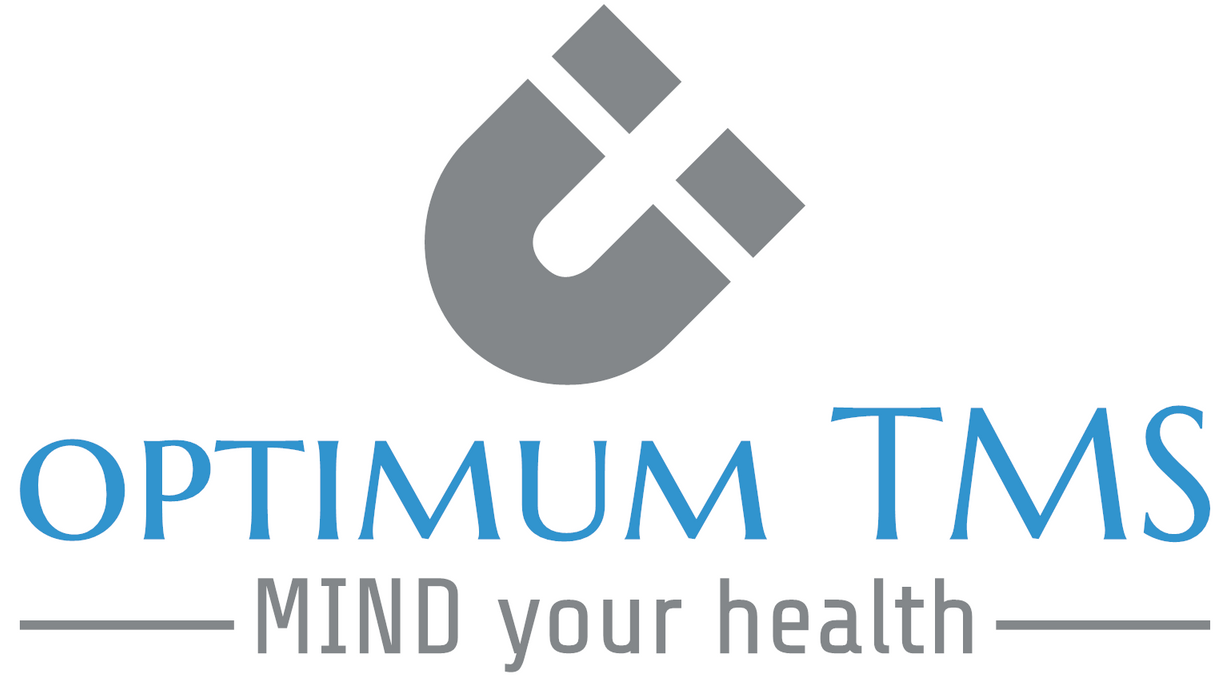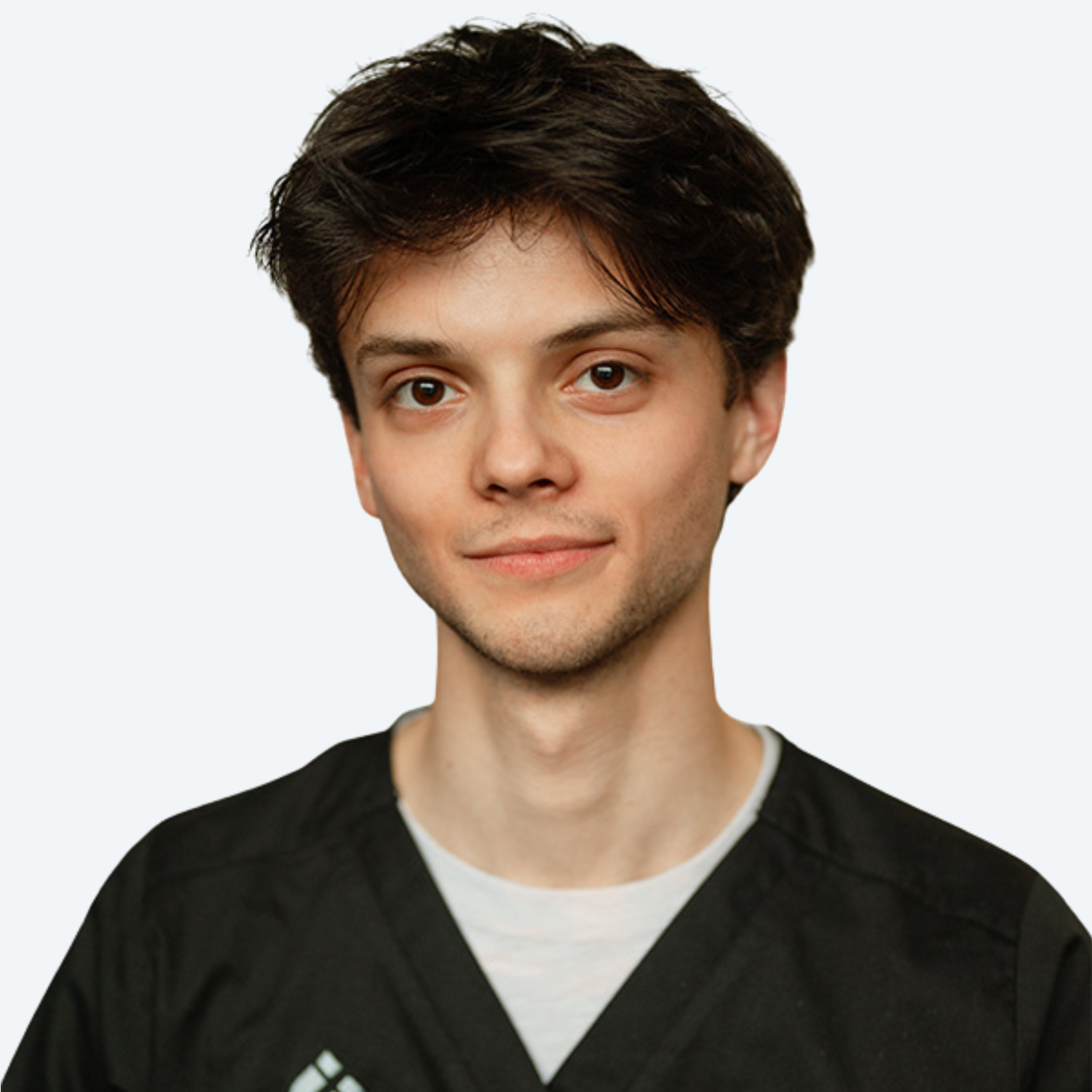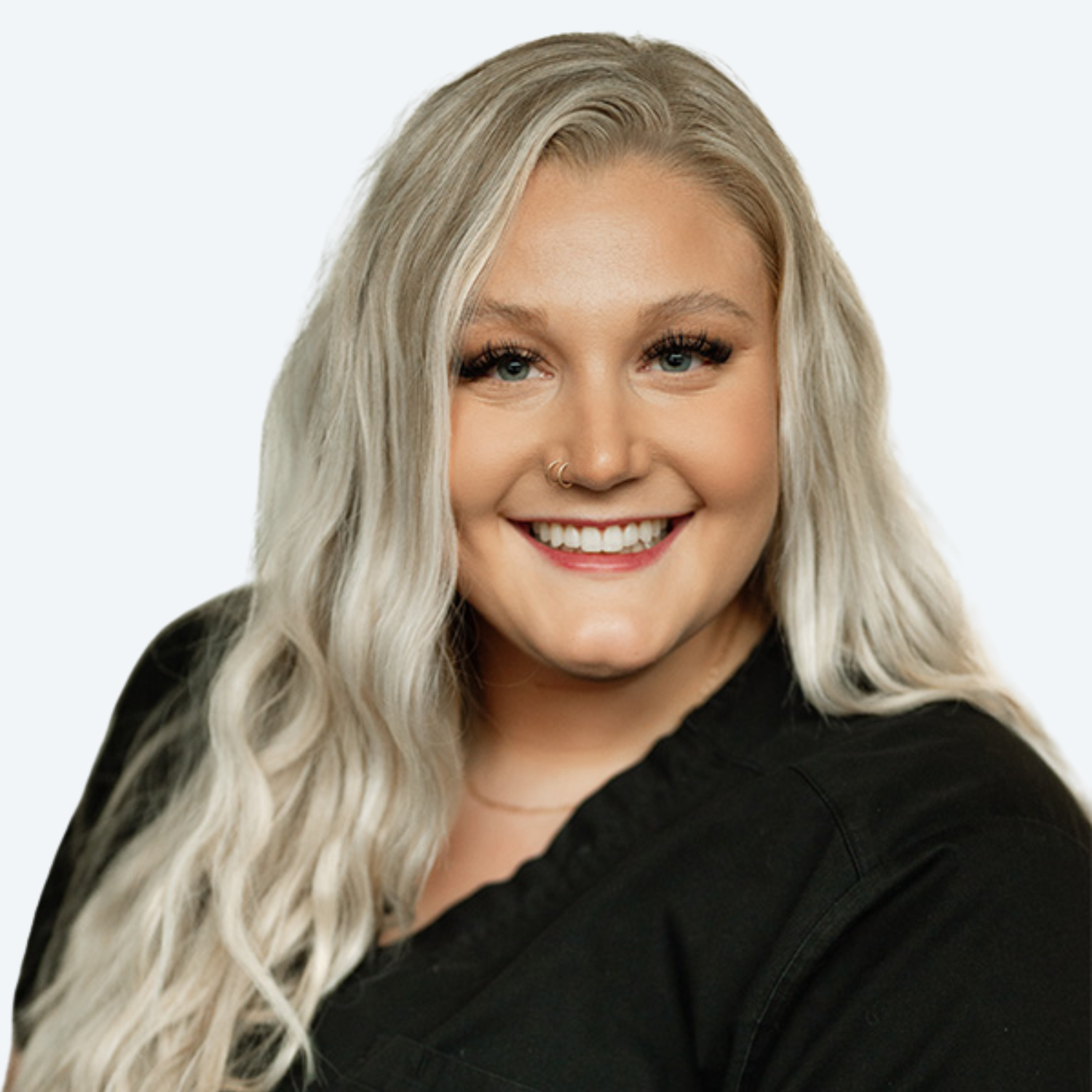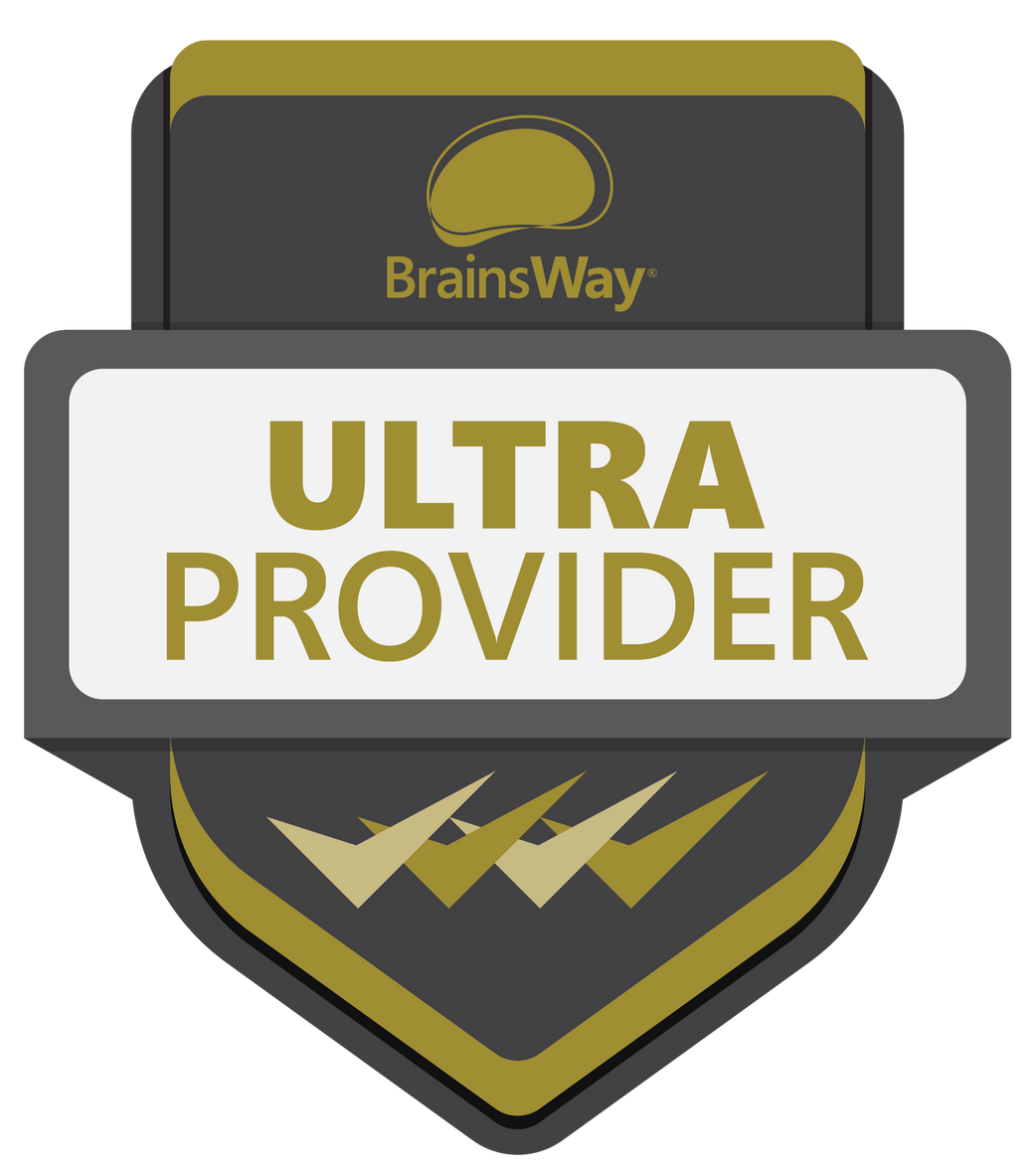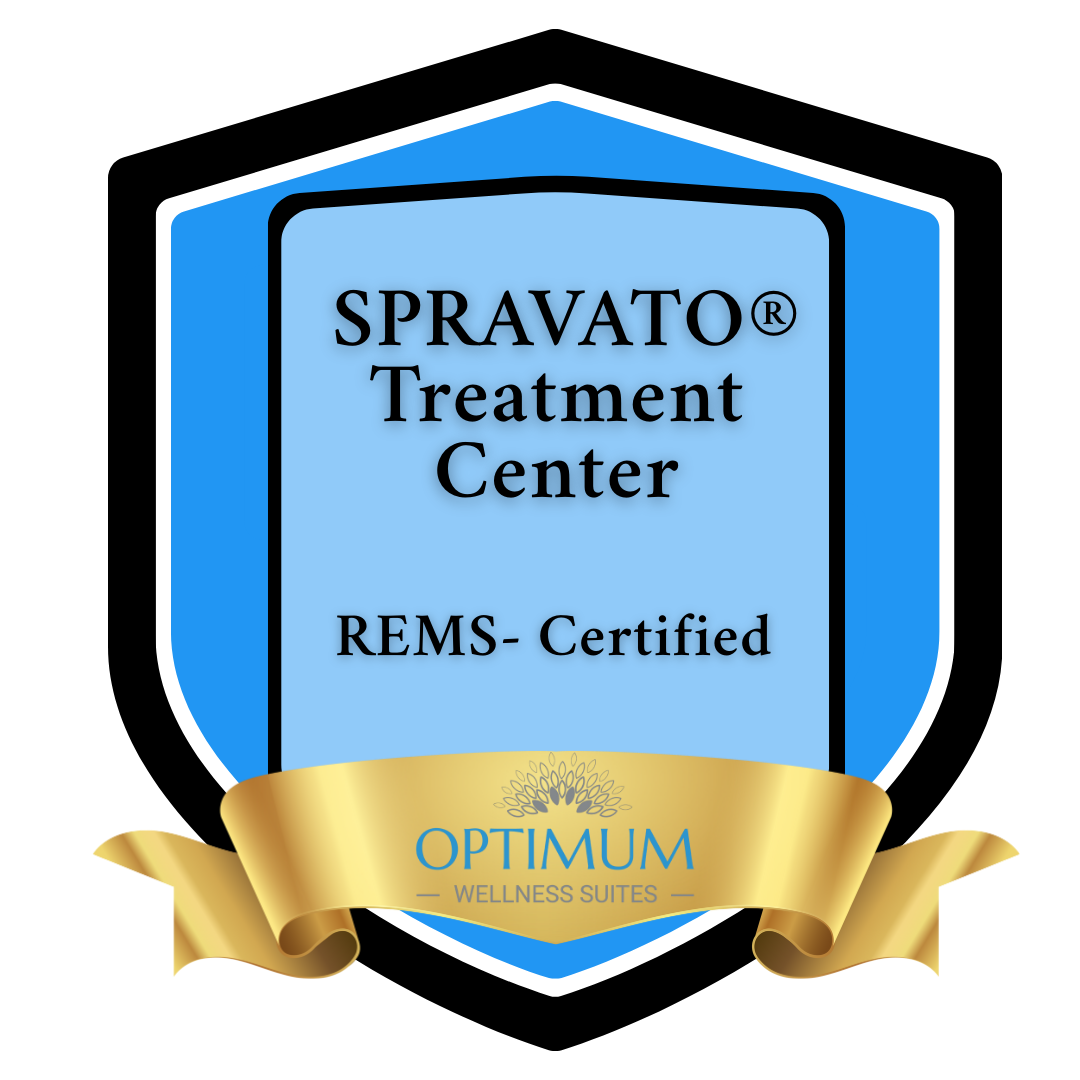FDA-approved technology for OCD relief
We accept most major insurance companies including Medicare, Medicaid, & VA.
We accept most major insurance companies including Medicare, Medicaid, & VA.
TMS For OCD

Transformative OCD Treatment In Ohio
Transcranial Magnetic Stimulation (TMS) is a non-invasive, novel approach to mental health treatment that is receiving more recognition as empirical evidence provides consistent positive outcomes.
TMS For OCD

Transformative OCD Treatment In Ohio
Transcranial Magnetic Stimulation (TMS) is a non-invasive, novel approach to mental health treatment that is receiving more recognition as empirical evidence provides consistent positive outcomes.
TMS For OCD

Transformative OCD Treatment In Ohio
Transcranial Magnetic Stimulation (TMS) is a non-invasive, novel approach to mental health treatment that is receiving more recognition as empirical evidence provides consistent positive outcomes.
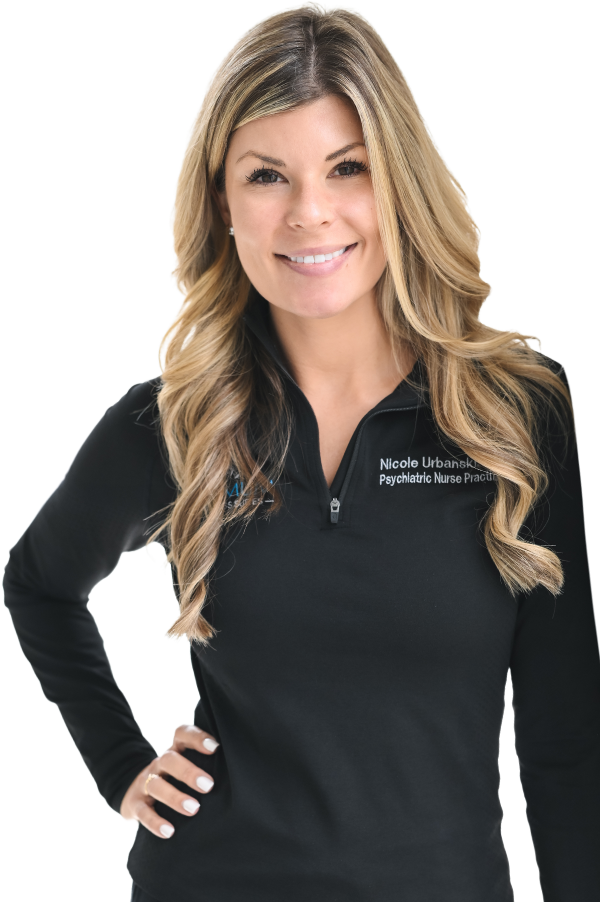
Benefits of TMS For OCD
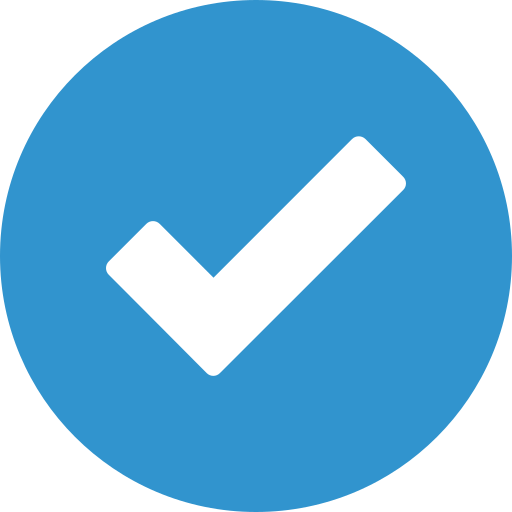

Deep TMS focuses on brain regions linked to OCD symptoms

Reduced obsessions, improved daily life

Benefits of TMS For OCD

FDA-approved technology for OCD relief

Deep TMS focuses on brain regions linked to OCD symptoms

Reduced obsessions, improved daily life
Why TMS for OCD?
Obsessive-compulsive disorder (OCD) can create significant difficulties in daily functioning and more long-term life trajectory when symptoms are unmanageable. OCD traits are characterized by intrusive, repetitive thoughts and compulsive behaviors that serve to alleviate obsessional distress.¹
For some, traditional therapies, such as selective serotonin reuptake inhibitors (SSRIs) and psychotherapy, can be effective and reduce symptoms. However, for those with treatment-resistant OCD (no significant change in symptomatology observed after trialing at least 2 types of medication), it is critical to consider alternative therapies, such as TMS. TMS offers the unique ability to target specific brain regions which are strongly supported by research as structures contributing to OCD symptomatology.
Our Equipment and Deep TMS
At Optimum TMS and Wellness Suites, we take pride in offering modern, advanced care. This is why we use the BrainsWay Deep TMS (dTMS) technology. The machine contains a metal coil that generates a magnetic field capable of stimulating brain cells. Empirical evidence has demonstrated that this FDA-approved equipment is effective in targeting regions implicated in OCD symptoms.² This is unique to dTMS procedures as it has the capacity to target regions in deeper layers of the brain due to its H7 coil. In contrast, standard TMS technology is limited to more surface-level brain regions due to its figure-8 coil.
How We Use dTMS for OCD
Specifically, in dTMS we focus on the medial prefrontal cortex and anterior cingulate cortex. A well-supported model of OCD suggests these are critical regions in a network (cortical-striatal-thalamic-cortical circuit) that when dysfunctional is associated with OCD symptoms.²
dTMS is non-invasive. The H7 metal coil of the BrainsWay TMS machine is placed over a specific location on your scalp, tailored to your neuroanatomy. The coil delivers magnetic pulses to stimulate brain cells. The intensity of pulses are adjusted to your personal threshold to provide optimal outcomes without discomfort. After multiple sessions, many individuals report reduction in their OCD symptoms. Over time, this can improve daily functioning and quality of life by minimizing obsessive and compulsive tendencies.
Are There Side Effects?
Like many mental health treatments, TMS therapy comes with a risk of side effects. This FDA-approved technology has demonstrated mild or short-term side effects that typically subside after the first several sessions. These mainly include headaches that can be alleviated with regular painkillers.
Read more:
TMS benefits and side effects →
Your Next Steps
You may be wondering how to best prepare for your TMS treatment. We invite you to a consultation with our medical professionals to provide information about possible dTMS therapy and whether it is appropriate for your needs.
To reach out, call
614-933-4200 or visit our
contact page. After booking a consultation, please read our
consultation booklet. Don’t forget to fill out the form at the end of the booklet and bring this along with you to your first appointment!
Upon approval and confirmation of an appropriate protocol that prioritizes your goals and comfort, it is time for you to
come in for your first session! During our 20min TMS sessions, you are welcome to listen to music, or podcasts, or engage in other activities to occupy yourself. You will be able to drive yourself home, but also may find comfort in bringing a support person, which you are welcome to do.
Payment Options
Our TMS treatment plan for OCD includes 29 sessions, valued at $10,500. This does not include a consultation appointment, which is $200. Additionally, we offer several packages for TMS maintenance to cater for patients with varying response rates after the initial treatment. These packages are priced based on the number of total sessions.
We understand that the affordability of mental health therapy impacts accessibility to treatment. This is why we offer financial aid options for individuals with out-of-pocket costs with
CareCredit
and work closely with insurance companies. We accept most private and public health insurance policies, including Medicare and Medicaid.
References
¹Olatunji, B. O., Christian, C., Brosof, L., Tolin, D. F., & Levinson, C. A. (2019). What is at the core of OCD? A network analysis of selected obsessive-compulsive symptoms and beliefs. Journal of Affective Disorders, 257, 45-54.
²Carmi, L., Tendler, A., Bystritsky, A., Hollander, E., Blumberger, D. M., Daskalakis, J., ... & Zohar, J. (2019). Efficacy and safety of deep transcranial magnetic stimulation for obsessive-compulsive disorder: a prospective multicenter randomized double-blind placebo-controlled trial. American Journal of Psychiatry, 176(11), 931-938.
Why TMS for OCD?
Obsessive-compulsive disorder (OCD) can create significant difficulties in daily functioning and more long-term life trajectory when symptoms are unmanageable. OCD traits are characterized by intrusive, repetitive thoughts and compulsive behaviors that serve to alleviate obsessional distress.¹
For some, traditional therapies, such as selective serotonin reuptake inhibitors (SSRIs) and psychotherapy, can be effective and reduce symptoms. However, for those with treatment-resistant OCD (no significant change in symptomatology observed after trialing at least 2 types of medication), it is critical to consider alternative therapies, such as TMS. TMS offers the unique ability to target specific brain regions which are strongly supported by research as structures contributing to OCD symptomatology.
Our Equipment and Deep TMS
At Optimum TMS and Wellness Suites, we take pride in offering modern, advanced care. This is why we use the BrainsWay Deep TMS (dTMS) technology. The machine contains a metal coil that generates a magnetic field capable of stimulating brain cells. Empirical evidence has demonstrated that this FDA-approved equipment is effective in targeting regions implicated in OCD symptoms.² This is unique to dTMS procedures as it has the capacity to target regions in deeper layers of the brain due to its H7 coil. In contrast, standard TMS technology is limited to more surface-level brain regions due to its figure-8 coil.
How We Use dTMS for OCD
Specifically, in dTMS we focus on the medial prefrontal cortex and anterior cingulate cortex. A well-supported model of OCD suggests these are critical regions in a network (cortical-striatal-thalamic-cortical circuit) that when dysfunctional is associated with OCD symptoms.²
dTMS is non-invasive. The H7 metal coil of the BrainsWay TMS machine is placed over a specific location on your scalp, tailored to your neuroanatomy. The coil delivers magnetic pulses to stimulate brain cells. The intensity of pulses are adjusted to your personal threshold to provide optimal outcomes without discomfort. After multiple sessions, many individuals report reduction in their OCD symptoms. Over time, this can improve daily functioning and quality of life by minimizing obsessive and compulsive tendencies.
Are There Side Effects?
Like many mental health treatments, TMS therapy comes with a risk of side effects. This FDA-approved technology has demonstrated mild or short-term side effects that typically subside after the first several sessions. These mainly include headaches that can be alleviated with regular painkillers.
Read more:
TMS benefits and side effects →
Your Next Steps
You may be wondering how to best prepare for your TMS treatment. We invite you to a consultation with our medical professionals to provide information about possible dTMS therapy and whether it is appropriate for your needs.
To reach out, call
614-933-4200
or visit our
contact page. After booking a consultation, please read our
consultation booklet. Don’t forget to fill out the form at the end of the booklet and bring this along with you to your first appointment!
Upon approval and confirmation of an appropriate protocol that prioritizes your goals and comfort, it is time for you to
come in for your first session! During our 20min TMS sessions, you are welcome to listen to music, or podcasts, or engage in other activities to occupy yourself. You will be able to drive yourself home, but also may find comfort in bringing a support person, which you are welcome to do.
Payment Options
Our TMS treatment plan for OCD includes 29 sessions, valued at $10,500. This does not include a consultation appointment, which is $200. Additionally, we offer several packages for TMS maintenance to cater for patients with varying response rates after the initial treatment. These packages are priced based on the number of total sessions.
We understand that the affordability of mental health therapy impacts accessibility to treatment. This is why we offer financial aid options for individuals with out-of-pocket costs with
CareCredit
and work closely with insurance companies. We accept most private and public health insurance policies, including Medicare and Medicaid.
References
¹Olatunji, B. O., Christian, C., Brosof, L., Tolin, D. F., & Levinson, C. A. (2019). What is at the core of OCD? A network analysis of selected obsessive-compulsive symptoms and beliefs. Journal of Affective Disorders, 257, 45-54.
²Carmi, L., Tendler, A., Bystritsky, A., Hollander, E., Blumberger, D. M., Daskalakis, J., ... & Zohar, J. (2019). Efficacy and safety of deep transcranial magnetic stimulation for obsessive-compulsive disorder: a prospective multicenter randomized double-blind placebo-controlled trial. American Journal of Psychiatry, 176(11), 931-938.
Why TMS for OCD?
Obsessive-compulsive disorder (OCD) can create significant difficulties in daily functioning and more long-term life trajectory when symptoms are unmanageable. OCD traits are characterized by intrusive, repetitive thoughts and compulsive behaviors that serve to alleviate obsessional distress.¹
For some, traditional therapies, such as selective serotonin reuptake inhibitors (SSRIs) and psychotherapy, can be effective and reduce symptoms. However, for those with treatment-resistant OCD (no significant change in symptomatology observed after trialing at least 2 types of medication), it is critical to consider alternative therapies, such as TMS. TMS offers the unique ability to target specific brain regions which are strongly supported by research as structures contributing to OCD symptomatology.
Our Equipment and Deep TMS
At Optimum TMS and Wellness Suites, we take pride in offering modern, advanced care. This is why we use the BrainsWay Deep TMS (dTMS) technology. The machine contains a metal coil that generates a magnetic field capable of stimulating brain cells. Empirical evidence has demonstrated that this FDA-approved equipment is effective in targeting regions implicated in OCD symptoms.² This is unique to dTMS procedures as it has the capacity to target regions in deeper layers of the brain due to its H7 coil. In contrast, standard TMS technology is limited to more surface-level brain regions due to its figure-8 coil.
How We Use dTMS for OCD
Specifically, in dTMS we focus on the medial prefrontal cortex and anterior cingulate cortex. A well-supported model of OCD suggests these are critical regions in a network (cortical-striatal-thalamic-cortical circuit) that when dysfunctional is associated with OCD symptoms.²
dTMS is non-invasive. The H7 metal coil of the BrainsWay TMS machine is placed over a specific location on your scalp, tailored to your neuroanatomy. The coil delivers magnetic pulses to stimulate brain cells. The intensity of pulses are adjusted to your personal threshold to provide optimal outcomes without discomfort. After multiple sessions, many individuals report reduction in their OCD symptoms. Over time, this can improve daily functioning and quality of life by minimizing obsessive and compulsive tendencies.
Are There Side Effects?
Like many mental health treatments, TMS therapy comes with a risk of side effects. This FDA-approved technology has demonstrated mild or short-term side effects that typically subside after the first several sessions. These mainly include headaches that can be alleviated with regular painkillers.
Read more:
TMS benefits and side effects →
Your Next Steps
You may be wondering how to best prepare for your TMS treatment. We invite you to a consultation with our medical professionals to provide information about possible dTMS therapy and whether it is appropriate for your needs.
To reach out, call
614-933-4200 or visit our
contact page. After booking a consultation, please read our
consultation booklet. Don’t forget to fill out the form at the end of the booklet and bring this along with you to your first appointment!
Upon approval and confirmation of an appropriate protocol that prioritizes your goals and comfort, it is time for you to
come in for your first session! During our 20min TMS sessions, you are welcome to listen to music, or podcasts, or engage in other activities to occupy yourself. You will be able to drive yourself home, but also may find comfort in bringing a support person, which you are welcome to do.
Payment Options
Our TMS treatment plan for OCD includes 29 sessions, valued at $10,500. This does not include a consultation appointment, which is $200. Additionally, we offer several packages for TMS maintenance to cater for patients with varying response rates after the initial treatment. These packages are priced based on the number of total sessions.
We understand that the affordability of mental health therapy impacts accessibility to treatment. This is why we offer financial aid options for individuals with out-of-pocket costs with
CareCredit
and work closely with insurance companies. We accept most private and public health insurance policies, including Medicare and Medicaid.
References
¹Olatunji, B. O., Christian, C., Brosof, L., Tolin, D. F., & Levinson, C. A. (2019). What is at the core of OCD? A network analysis of selected obsessive-compulsive symptoms and beliefs. Journal of Affective Disorders, 257, 45-54.
²Carmi, L., Tendler, A., Bystritsky, A., Hollander, E., Blumberger, D. M., Daskalakis, J., ... & Zohar, J. (2019). Efficacy and safety of deep transcranial magnetic stimulation for obsessive-compulsive disorder: a prospective multicenter randomized double-blind placebo-controlled trial. American Journal of Psychiatry, 176(11), 931-938.
Take Control of Your Mental Health
Worried about the cost or unsure if TMS is the right treatment for you? Discover our flexible payment options and see how TMS could transform your mental health journey.
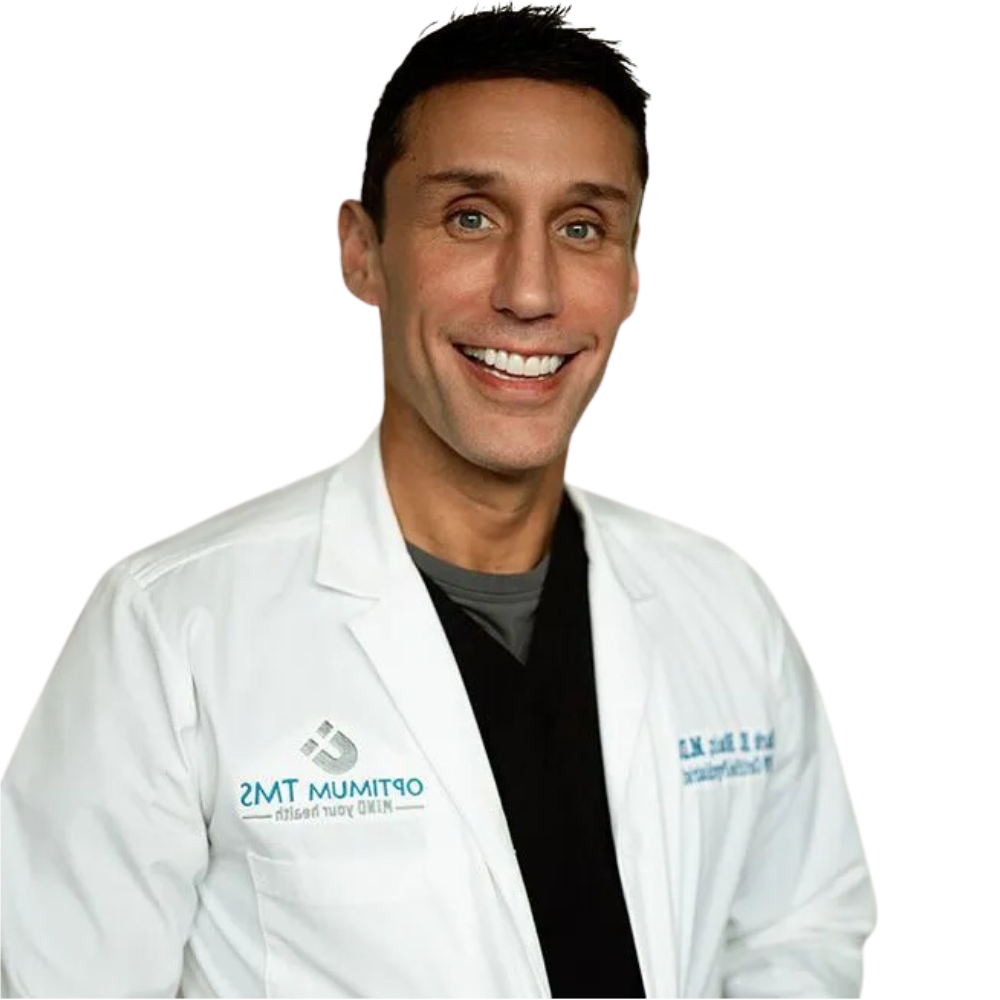
For more information about TMS therapy for OCD or to schedule an appointment, call us at
614-933-4200
or
visit our contact page.
For more information about TMS therapy for OCD or to schedule an appointment, call us at
614-933-4200
or
visit our contact page.

"I just finished a full course of TMS at Optimum and had a fantastic overall experience! The treatment itself worked even better than I expected - which was shocking for me, given that I have struggled with treatment resistant depression for most of my life and was in the worst depressive episode I’d had in years when I started TMS. My symptoms decreased enough to make a HUGE difference in my day to day life, and it gave me the energy and motivation to keep investing in my mental health post-TMS. The entire staff is thoughtful, funny, and super friendly, and they were always very quick to help me accommodate my changing schedule and work with my insurance..."
Poppi
Services & Resources

Are there side effects?
Generally, TMS is well-tolerated. Some patients have reported slight headaches, toothaches, or some discomfort at the treatment site, though they subside at the end of each treatment session.
Can TMS help with PTSD or anxiety?
In the United States, the FDA has only approved TMS for treatment-resistant major depressive disorder and obsessive-compulsive disorder. However, numerous clinical trials provide evidence that TMS can safely and effectively treat other conditions, such as anxiety, PTSD, Parkinson’s disease, and ADHD. Symptoms of these illnesses may improve even when the primary treatment goal is to alleviate symptoms of clinical depression and/or OCD. Currently, our office does not explicitly use TMS to treat Bipolar Disorder, Psychosis, or Schizophrenia.
Does insurance cover TMS treatment?
TMS costs are more affordable than you may have heard. Most insurances including Medicare provide coverage for TMS as it is becoming more sought after by patients.
We can help you find out whether your insurance will cover treatment! We can then provide an estimate of your out-of-pocket costs, and discuss flexible payment arrangements, if necessary.
Will this work?
TMS therapy has demonstrated successful results in research and in practice for many, especially for individuals with treatment-resistant depression. For instance, results in our clinic have shown that about 75% of our patients were responsive to TMS treatment for depression (ie. they had a reduction in symptoms of at least 50%). 50% of our patients achieved full remission of their depressive symptoms. TMS for OCD has varied results.
Is TMS different to Shock Therapy (ECT)?
Yes. Both treatments have been shown to be helpful for treatment-resistant depression. ECT may be preferred for patients with depression characterized by psychotic features (eg. catatonia, active suicidal thoughts). Unlike TMS, ECT is invasive, requires anesthesia, and electric shocks. TMS uses safe, non-invasive electromagnetic pulses.
We do not specialize in ECT services.
Can everyone undergo TMS therapy?
Although it is a safe method, TMS is contraindicated in patients with a history of seizures and with implanted metallic devices or non-removable metallic objects in or around the head (except for standard amalgam dental fillings).
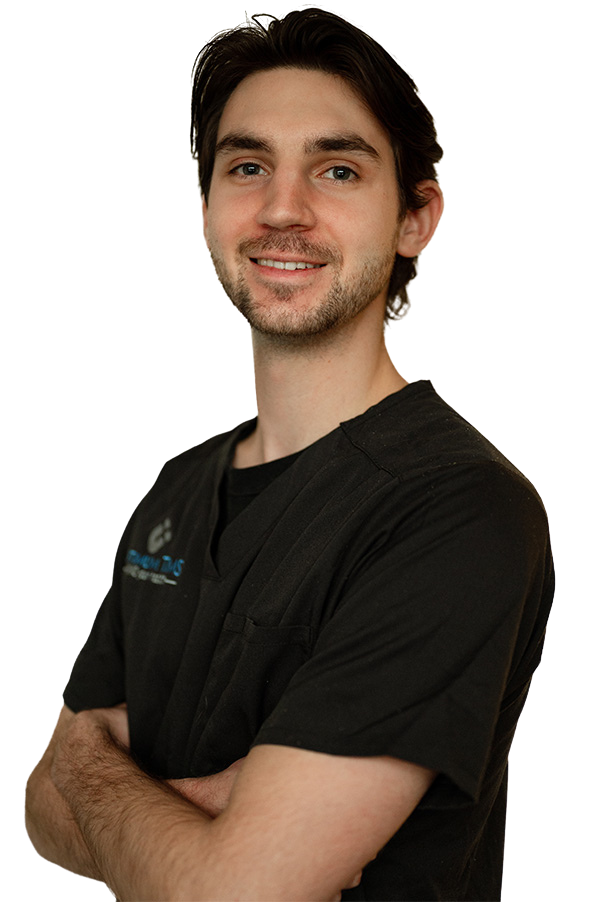
Serving Ohio Since 2017
Why Choose Optimum TMS
Our team of board-certified psychiatrists, psychiatric nurse practitioners, TMS technicians, and compassionate administration members are dedicated to providing accessible, patient-centered care and want to ensure your comfort in proceeding with any treatment.
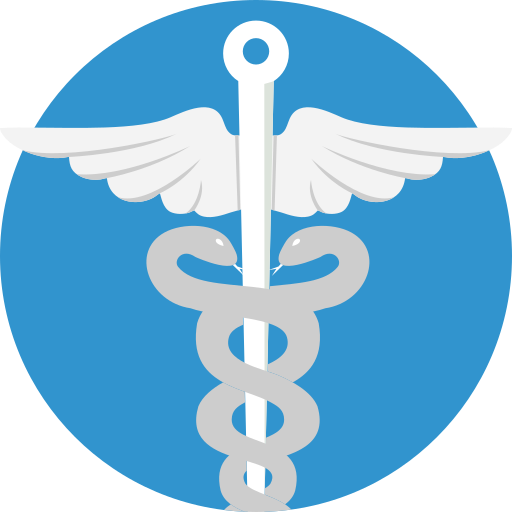
Insurance Accepted
Including Medicare
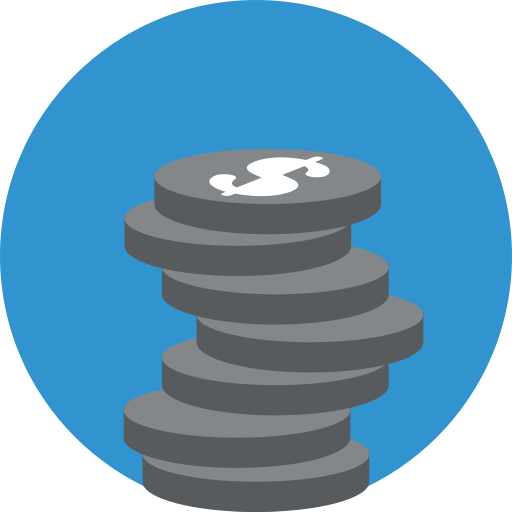
Financing Available
With CareCredit

Personalized Treatment
Tailored to You
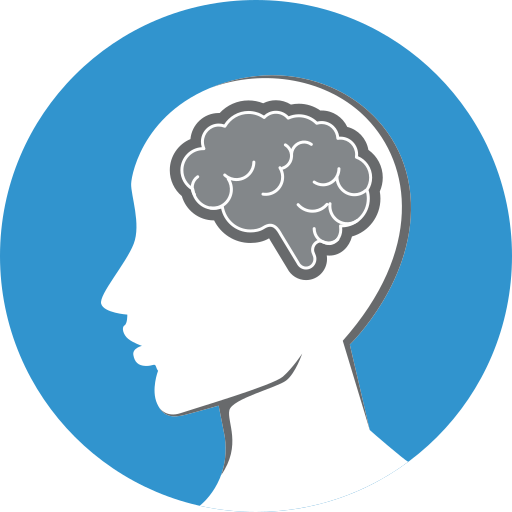
Combined Treatments
Spravato and TMS
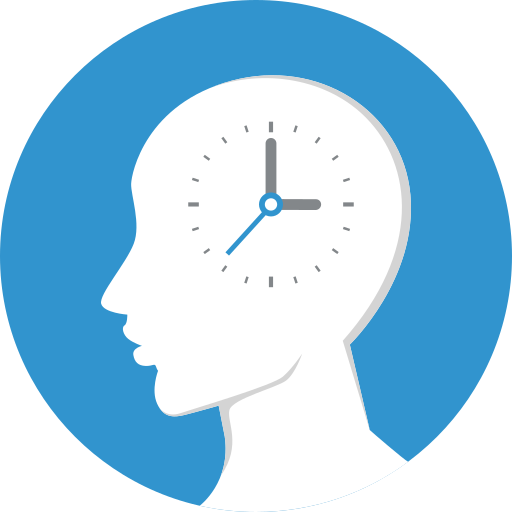
Accelerated TMS
5 Day Relief Program

Expert Care
Board-Certified Psychiatrist
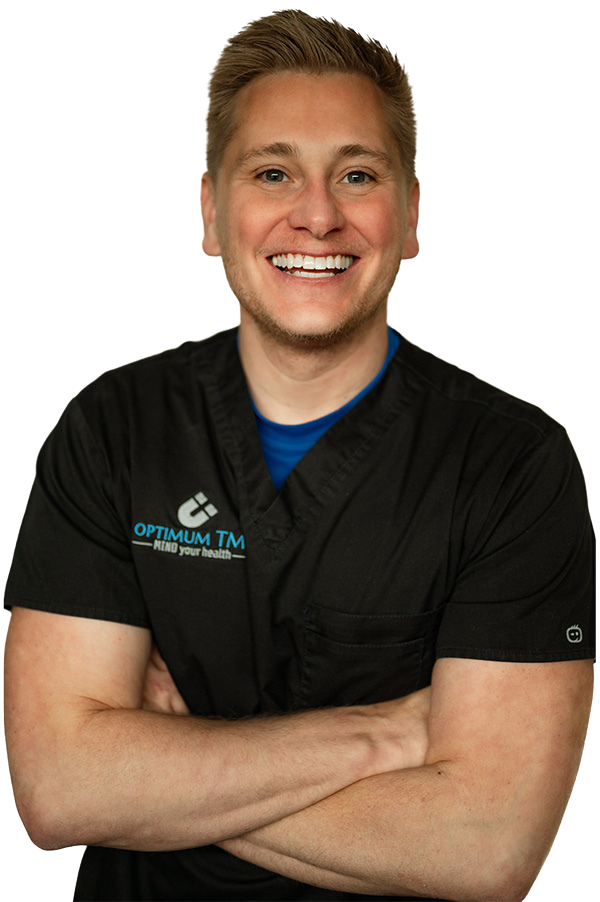
Flexible Plans to Fit Your Budget
We’re committed to making TMS therapy as accessible as possible
Self-Pay Options: Pay upfront or divide costs into manageable installments, for instance, an out-of-pocket cost of $1,000 can be spread over 60 months for as little as $17/month.
Insurance Coverage: We work with leading providers like Aetna, Cigna, Medicare, and more, and can assist in navigating coverage criteria.
CareCredit: Finance your treatment with CareCredit, allowing for tailored payment plans.
Our Treatment Process

You will be seated in a private room, where you are able to watch TV, read, or use your phone during treatment. A TMS device will be positioned on your head and you will feel a tapping sensation every few seconds throughout the session. A TMS technician will remain in the room to ensure your comfort and care. After the session, you will be able to resume daily activities without limitations.
Consultation
You will meet with Dr. Blair to confirm your candidacy for TMS. Dr. Blair will provide a detailed overview of TMS and answer any questions.
Prior Authorization
We handle all the paperwork. The speed of an authorization depends on the insurance company. Typically, 1 day to 2 weeks is a normal speed.
Initial Treatment
Once authorization is obtained, we will contact you to schedule your first appointment. Typically, we can begin TMS within 1 week.
Daily Treatment
Treatments are 5x a week, M-F. You will receive 36 total treatments. Hours of operation are 7 am - 6 pm
Meet with Dr. Blair
On your last treatment day, you will meet with Dr. Blair to discuss outcomes and next steps.
Maintenance Treatment
For those that achieve remission or a significant response to TMS, Maintenance TMS may be an option. Dr. Blair can discuss this with you. This is not covered by insurance.
Contact Us
We will get back to you as soon as possible.
Please try again later.

For more information about TMS therapy for OCD or to schedule an appointment, call us at
614-933-4200
or
visit our contact page.
"I just finished a full course of TMS at Optimum and had a fantastic overall experience! The treatment itself worked even better than I expected - which was shocking for me, given that I have struggled with treatment resistant depression for most of my life and was in the worst depressive episode I’d had in years when I started TMS. My symptoms decreased enough to make a HUGE difference in my day to day life, and it gave me the energy and motivation to keep investing in my mental health post-TMS. The entire staff is thoughtful, funny, and super friendly, and they were always very quick to help me accommodate my changing schedule and work with my insurance..."
Poppi
Services & Resources

Are there side effects?
Generally, TMS is well-tolerated. Some patients have reported slight headaches, toothaches, or some discomfort at the treatment site, though they subside at the end of each treatment session.
Can TMS help with PTSD or anxiety?
In the United States, the FDA has only approved TMS for treatment-resistant major depressive disorder and obsessive-compulsive disorder. However, numerous clinical trials provide evidence that TMS can safely and effectively treat other conditions, such as anxiety, PTSD, Parkinson’s disease, and ADHD. Symptoms of these illnesses may improve even when the primary treatment goal is to alleviate symptoms of clinical depression and/or OCD. Currently, our office does not explicitly use TMS to treat Bipolar Disorder, Psychosis, or Schizophrenia.
Does insurance cover TMS treatment?
TMS costs are more affordable than you may have heard. Most insurances including Medicare provide coverage for TMS as it is becoming more sought after by patients.
We can help you find out whether your insurance will cover treatment! We can then provide an estimate of your out-of-pocket costs, and discuss flexible payment arrangements, if necessary.
Will this work?
TMS therapy has demonstrated successful results in research and in practice for many, especially for individuals with treatment-resistant depression. For instance, results in our clinic have shown that about 75% of our patients were responsive to TMS treatment for depression (ie. they had a reduction in symptoms of at least 50%). 50% of our patients achieved full remission of their depressive symptoms. TMS for OCD has varied results.
Is TMS different to Shock Therapy (ECT)?
Yes. Both treatments have been shown to be helpful for treatment-resistant depression. ECT may be preferred for patients with depression characterized by psychotic features (eg. catatonia, active suicidal thoughts). Unlike TMS, ECT is invasive, requires anesthesia, and electric shocks. TMS uses safe, non-invasive electromagnetic pulses.
We do not specialize in ECT services.
Can everyone undergo TMS therapy?
Although it is a safe method, TMS is contraindicated in patients with a history of seizures and with implanted metallic devices or non-removable metallic objects in or around the head (except for standard amalgam dental fillings).
Serving Ohio Since 2017
Why Choose Optimum TMS
Our team of board-certified psychiatrists, psychiatric nurse practitioners, TMS technicians, and compassionate administration members are dedicated to providing accessible, patient-centered care and want to ensure your comfort in proceeding with any treatment.


Insurance Accepted
Including Medicare

Financing Available
With CareCredit

Accelerated TMS
5 Day Relief Program

Personalized Treatment
Tailored to You

Combined Treatments
Spravato and TMS

Expert Care
Board-Certified Psychiatrist

Flexible Plans to Fit Your Budget
We’re committed to making TMS therapy as accessible as possible

Self-Pay Options: Pay upfront or divide costs into manageable installments, for instance, an out-of-pocket cost of $1,000 can be spread over 60 months for as little as $17/month.

Insurance Coverage: We work with leading providers like Aetna, Cigna, Medicare, and more, and can assist in navigating coverage criteria.

CareCredit: Finance your treatment with CareCredit, allowing for tailored payment plans.
Our Treatment Process

You will be seated in a private room, where you are able to watch TV, read, or use your phone during treatment. A TMS device will be positioned on your head and you will feel a tapping sensation every few seconds throughout the session. A TMS technician will remain in the room to ensure your comfort and care. After the session, you will be able to resume daily activities without limitations.
Consultation
You will meet with Dr. Blair to confirm your candidacy for TMS. Dr. Blair will provide a detailed overview of TMS and answer any questions.
Prior Authorization
We handle all the paperwork. The speed of an authorization depends on the insurance company. Typically, 1 day to 2 weeks is a normal speed.
Initial Treatment
Once authorization is obtained, we will contact you to schedule your first appointment. Typically, we can begin TMS within 1 week.
Daily Treatment
Treatments are 5x a week, M-F. You will receive 36 total treatments. Hours of operation are 7 am - 6 pm
Meet with Dr. Blair
On your last treatment day, you will meet with Dr. Blair to discuss outcomes and next steps.
Maintenance Treatment
For those that achieve remission or a significant response to TMS, Maintenance TMS may be an option. Dr. Blair can discuss this with you. This is not covered by insurance.
Contact Us
Call
614-933-4200
or complete our simple online form.

Contact Us
We will get back to you as soon as possible.
Please try again later.
"I just finished a full course of TMS at Optimum and had a fantastic overall experience! The treatment itself worked even better than I expected - which was shocking for me, given that I have struggled with treatment resistant depression for most of my life and was in the worst depressive episode I’d had in years when I started TMS. My symptoms decreased enough to make a HUGE difference in my day to day life, and it gave me the energy and motivation to keep investing in my mental health post-TMS. The entire staff is thoughtful, funny, and super friendly, and they were always very quick to help me accommodate my changing schedule and work with my insurance..."
Poppi
Services & Resources

Are there side effects?
Generally, TMS is well-tolerated. Some patients have reported slight headaches, toothaches, or some discomfort at the treatment site, though they subside at the end of each treatment session.
Can TMS help with PTSD or anxiety?
In the United States, the FDA has only approved TMS for treatment-resistant major depressive disorder and obsessive-compulsive disorder. However, numerous clinical trials provide evidence that TMS can safely and effectively treat other conditions, such as anxiety, PTSD, Parkinson’s disease, and ADHD. Symptoms of these illnesses may improve even when the primary treatment goal is to alleviate symptoms of clinical depression and/or OCD. Currently, our office does not explicitly use TMS to treat Bipolar Disorder, Psychosis, or Schizophrenia.
Does insurance cover TMS treatment?
TMS costs are more affordable than you may have heard. Most insurances including Medicare provide coverage for TMS as it is becoming more sought after by patients.
We can help you find out whether your insurance will cover treatment! We can then provide an estimate of your out-of-pocket costs, and discuss flexible payment arrangements, if necessary.
Will this work?
TMS therapy has demonstrated successful results in research and in practice for many, especially for individuals with treatment-resistant depression. For instance, results in our clinic have shown that about 75% of our patients were responsive to TMS treatment for depression (ie. they had a reduction in symptoms of at least 50%). 50% of our patients achieved full remission of their depressive symptoms. TMS for OCD has varied results.
Is TMS different to Shock Therapy (ECT)?
Yes. Both treatments have been shown to be helpful for treatment-resistant depression. ECT may be preferred for patients with depression characterized by psychotic features (eg. catatonia, active suicidal thoughts). Unlike TMS, ECT is invasive, requires anesthesia, and electric shocks. TMS uses safe, non-invasive electromagnetic pulses.
We do not specialize in ECT services.
Can everyone undergo TMS therapy?
Although it is a safe method, TMS is contraindicated in patients with a history of seizures and with implanted metallic devices or non-removable metallic objects in or around the head (except for standard amalgam dental fillings).
Serving Ohio Since 2017
Why Choose Optimum TMS
Our team of board-certified psychiatrists, psychiatric nurse practitioners, TMS technicians, and compassionate administration members are dedicated to providing accessible, patient-centered care and want to ensure your comfort in proceeding with any treatment.


Insurance Accepted
Including Medicare

Financing Available
With CareCredit

Accelerated TMS
5 Day Relief Program

Personalized Treatment
Tailored to You

Combined Treatments
Spravato and TMS

Expert Care
Board-Certified Psychiatrist

Flexible Plans to Fit Your Budget
We’re committed to making TMS therapy as accessible as possible

Self-Pay Options: Pay upfront or divide costs into manageable installments, for instance, an out-of-pocket cost of $1,000 can be spread over 60 months for as little as $17/month.

Insurance Coverage: We work with leading providers like Aetna, Cigna, Medicare, and more, and can assist in navigating coverage criteria.

CareCredit: Finance your treatment with CareCredit, allowing for tailored payment plans.
Our Treatment Process

You will be seated in a private room, where you are able to watch TV, read, or use your phone during treatment. A TMS device will be positioned on your head and you will feel a tapping sensation every few seconds throughout the session. A TMS technician will remain in the room to ensure your comfort and care. After the session, you will be able to resume daily activities without limitations.
Consultation
You will meet with Dr. Blair to confirm your candidacy for TMS. Dr. Blair will provide a detailed overview of TMS and answer any questions.
Prior Authorization
We handle all the paperwork. The speed of an authorization depends on the insurance company. Typically, 1 day to 2 weeks is a normal speed.
Initial Treatment
Once authorization is obtained, we will contact you to schedule your first appointment. Typically, we can begin TMS within 1 week.
Daily Treatment
Treatments are 5x a week, M-F. You will receive 36 total treatments. Hours of operation are 7 am - 6 pm
Meet with Dr. Blair
On your last treatment day, you will meet with Dr. Blair to discuss outcomes and next steps.
Maintenance Treatment
For those that achieve remission or a significant response to TMS, Maintenance TMS may be an option. Dr. Blair can discuss this with you. This is not covered by insurance.
Contact Us
Call
614-933-4200
or complete our simple online form.

Contact Us
We will get back to you as soon as possible.
Please try again later.
Business Hours
- Mon - Fri
- -
- Sat - Sun
- Closed
Contact Us
Business Hours
- Mon - Fri
- -
- Sat - Sun
- Closed
Contact Us
Our Services
Quick Links
Business Hours
TMS:
- Mon - Fri
- -
- Sat - Sun
- Closed
Wellness Suites:
- Mon - Fri
- -
- Sat - Sun
- Closed

